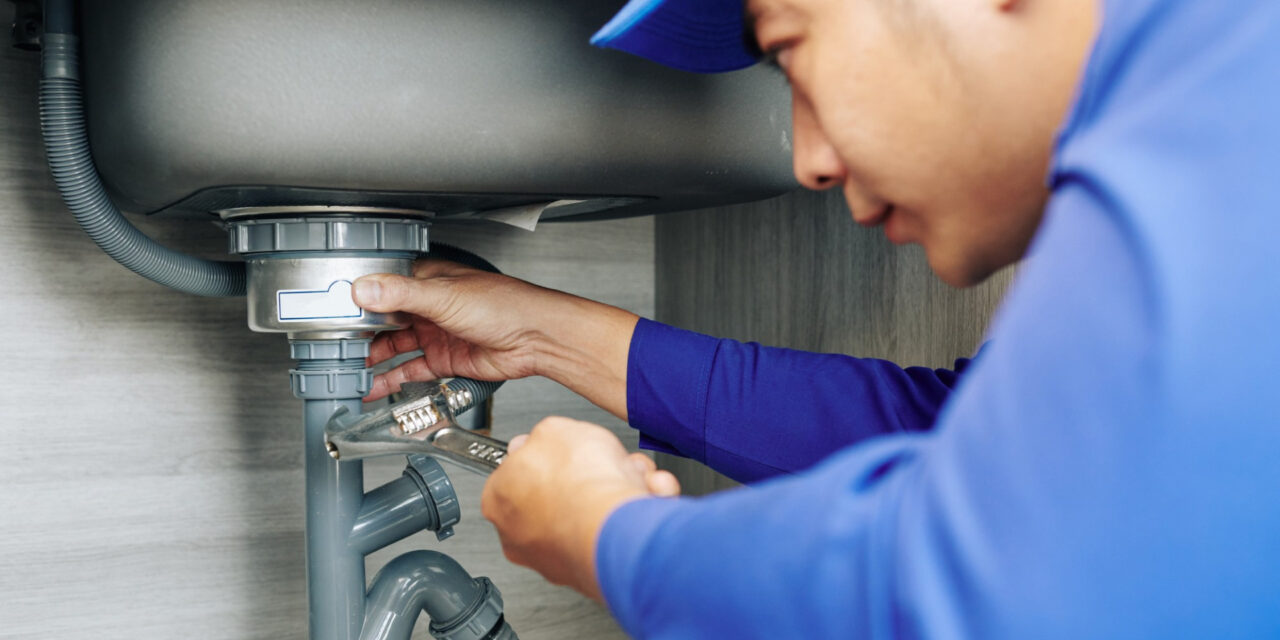6 Effective Methods to Spot Covert Water Line Leaks Stealthily
6 Effective Methods to Spot Covert Water Line Leaks Stealthily
Blog Article
Just how do you really feel on the subject of Hacks to detect leaks?

Early discovery of leaking water lines can alleviate a possible catastrophe. Some little water leakages might not be visible.
1. Check Out the Water Meter
Every residence has a water meter. Inspecting it is a surefire manner in which aids you discover leaks. For starters, shut off all the water sources. Make sure no person will certainly flush, utilize the faucet, shower, run the washing maker or dishwashing machine. From there, go to the meter as well as watch if it will change. Because no person is using it, there ought to be no motions. If it moves, that suggests a fast-moving leak. If you detect no changes, wait a hr or 2 and also examine back once more. This suggests you might have a slow-moving leakage that might even be below ground.
2. Examine Water Intake
If you identify unexpected modifications, in spite of your intake being the exact same, it suggests that you have leakages in your plumbing system. An abrupt spike in your expense indicates a fast-moving leakage.
A constant boost every month, also with the exact same habits, reveals you have a slow leakage that's additionally gradually intensifying. Call a plumber to completely check your home, specifically if you feel a cozy area on your flooring with piping underneath.
3. Do a Food Coloring Examination
When it pertains to water consumption, 30% originates from commodes. Test to see if they are running appropriately. Drop specks of food shade in the tank as well as wait 10 mins. There's a leak in between the tank as well as dish if the color somehow infiltrates your dish during that time without flushing.
4. Asses Exterior Lines
Don't forget to check your outdoor water lines too. Should water seep out of the connection, you have a loosened rubber gasket. One little leakage can throw away tons of water and spike your water bill.
5. Analyze the scenario and also evaluate
Home owners need to make it a routine to examine under the sink counters and even inside cupboards for any kind of bad odor or mold growth. These two red flags show a leakage so timely interest is required. Doing routine inspections, also bi-annually, can conserve you from a major problem.
Check for stainings as well as compromising as the majority of pipes and home appliances have a life expectancy. If you believe leaking water lines in your plumbing system, do not wait for it to escalate.
Early discovery of leaking water lines can alleviate a possible disaster. Some little water leaks may not be noticeable. Checking it is a proven way that assists you uncover leakages. One tiny leakage can lose lots of water as well as spike your water costs.
If you think leaking water lines in your plumbing system, don't wait for it to rise.
How Can I Determine If A Leak Is Inside Or Outside?
Turn off Interior Water Source
The first tip to follow to determine whether the leak is inside or coming from outside is to turn off all of the water in your home. All homes should have a water valve that can turn off all water into the home. If you turn the water off and the leak stops shortly thereafter it is a good indication that the leak is coming from inside your home. However, if the leak continues to flow, there is a good chance the source is from the outside.
Consider Location of Leak
Another tip that could help you to determine whether the leak is coming from inside or outside is to consider the location of the leak. If the leak is coming from a ceiling in a room of your house that happens to be below a bathroom, kitchen, or other prominent sources of water, it could be a strong indication that the leak is from an interior pipe or a crack in a fixture.
Affect by Weather
Another tip that could help you to figure out how to whether the leak is coming from inside or outside is the affect that weather has on the leak. If the leak seems to be the most active during and after a rain event, there is a good chance that the leak is coming from the outside. On the other hand, if the weather does not have any impact on the lease, then it is likely coming from an interior source that needs to be addressed and fixed.

As a passionate person who reads on Finding hidden leaks, I thought sharing that piece of content was a smart idea. Are you aware of somebody else who is inquisitive about the topic? Why not promote it. Thanks a bunch for your time. Visit again soon.
Drain blockage? Seek our expertise. Report this page